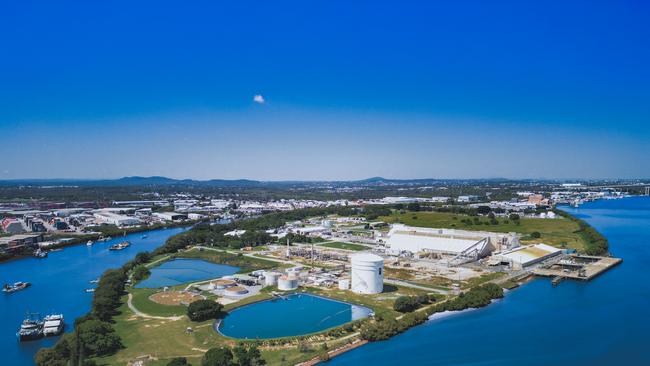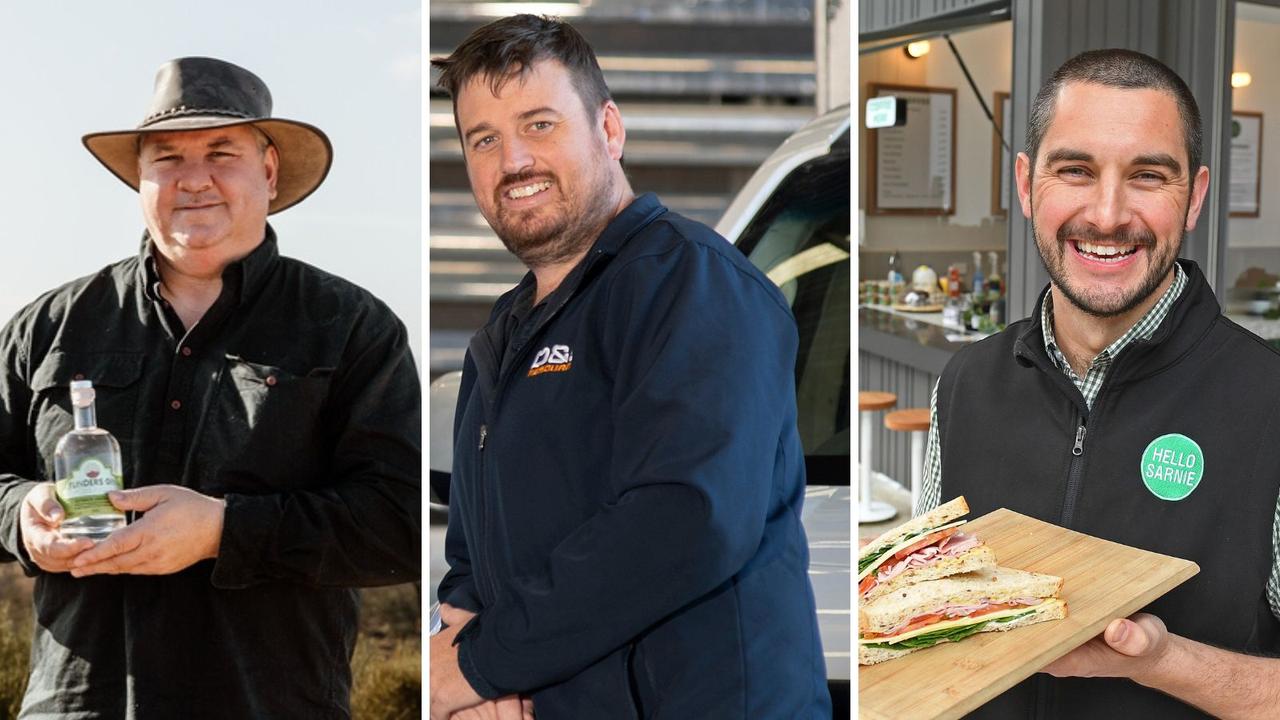Dyno Nobel strikes triple-deal to get its simplification strategy back on track
The company formerly known as Incitec Pivot will finally deliver its long-held strategy in a patchwork of transactions that it claims will unlock value and provide greater stability amid global shifts in energy and agriculture.

Business
Don't miss out on the headlines from Business. Followed categories will be added to My News.
Dyno Nobel, formerly known as Incitec Pivot, advanced its long-planned strategic transformation into a purely explosives company servicing the mining industry with three deals it proposes will leave shareholders with a smaller albeit better business.
The transaction is part of a broader realignment by Dyno Nobel to separate its mining services and fertiliser divisions in a split it believes will unlock value and provide greater stability amid global shifts in energy and agriculture. And it is betting mining customers are a better fit for its future than crops.
Macquarie will buy its Perdaman offtake contract for $145m, and Ridley will buy its distribution business for $375m. Its land on Gibson Island will be offloaded to a property developer for $194m.
Chief executive Mauro Neves said the transaction will transform the business into one that will provide better value to shareholders.
“Today is an important day. We think the quality of our earnings with explosives will be materially different. The fertiliser market is famous for cyclical volatility, which is also the problem when you think about investment through the cycle.
“Whilst explosives as a typical mining services are much more related to what the likes of BHPs, the Rios and Anglo Americans are doing globally,” Mr Neves told The Australian.
“When we do the separation – the explosives company will be a smaller company but it will be more stable and with a firmer quality of earnings.”
The deal marks a major milestone in a multi-year effort to refocus Dyno Nobel’s operations. Investors responded positively, with the company’s shares rising nearly 2 per cent on Monday.
For years, Dyno Nobel had considered a demerger, believing that its fertiliser and explosives businesses would be better positioned to thrive independently, especially as markets are reshaped by the renewable energy transition and food security concerns.
But deteriorating conditions, including skyrocketing gas prices and collapsing fertiliser margins, delayed the separation and led to the abrupt departure of former CEO Jeanne Johns after a series of earnings disappointments.
The company also backed away from a high-profile sale of its fertiliser division to Indonesian state-owned company Pupuk Kaltim, citing prolonged negotiations and regulatory uncertainty over foreign ownership of strategic domestic assets.

The proposed buyer had argued the acquisition would strengthen Indonesia’s food production capabilities.
Instead, Dyno Nobel pivoted to a series of alternative deals. In addition to the Macquarie agreement, the company announced it will sell its fertiliser distribution business to Ridley Corporation for $375m.
Mr Neves maintained that the company secured the best available outcome for its fertiliser business.
“I have no doubt in my mind that we delivered the most value we could in that contract,” he said.
Broker Citi speculated the money would be allocated to reduce Dyno Nobel’s leverage. “Gross proceeds from fertiliser sales may be utilised to pay down trade working capital and debt facilities, with key focus being lowering leverage to 1.5 [times] or below,” analyst William Park said in a note to clients.
RBC Capital estimated the net proceeds from fertiliser were worth $641m in aggregate.
Separately, Dyno Nobel reported an interim statutory profit of $7m, from a loss of $148m a year ago, and earnings before interest and tax of $174m, down from $249m, for the six months ended March 31. Those figures exclude individually material items. It will pay a 2.4c interim dividend on July 3, unfranked.
The suite of deals, expected to close later this year, will finalise Dyno Nobel’s transformation into a streamlined mining services provider.
The former Incitec got $US1.675bn ($2.5bn) for its Waggaman ammonia facility in Louisiana from CF Industries. That deal was struck in 2023 under former boss Ms Johns.
More Coverage
Originally published as Dyno Nobel strikes triple-deal to get its simplification strategy back on track





